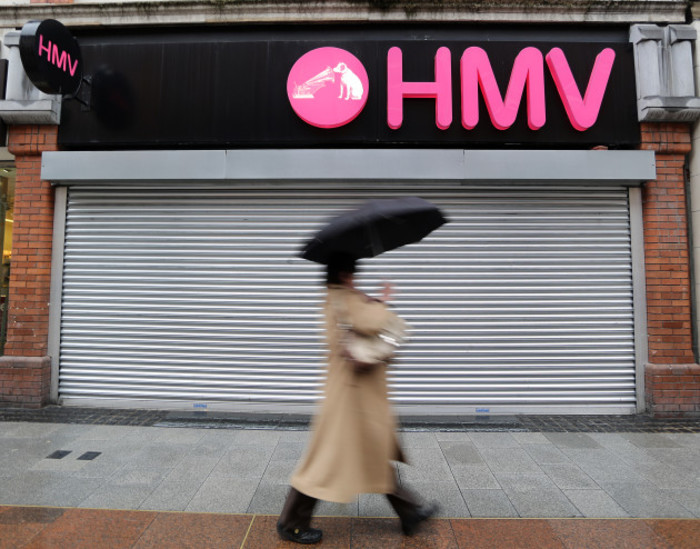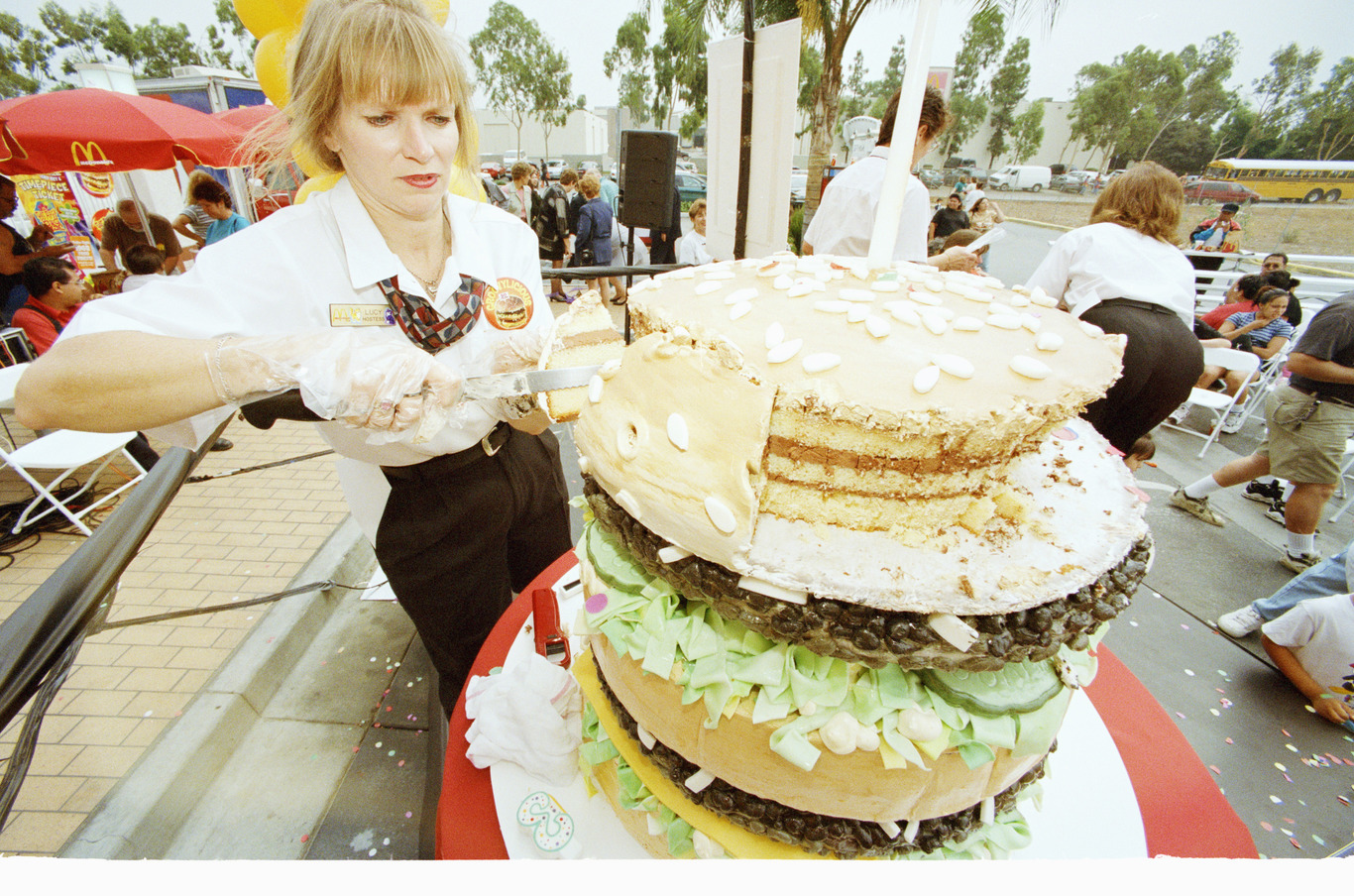Franchising your business is a piece of cake if it ticks all these boxes
Going down the franchise route isn’t for every company, so do your homework before you make the leap.
I’LL LET YOU in on a secret, pretty much any business can be franchised and a visit to any franchise expo will quickly prove this.
No longer are franchises confined to fast food chains, like McDonalds and KFC. Today, the options range from gyms and cleaning services to property and tax preparation.
To be a successful franchise, however, there are certain attributes you and your business must possess.
1. Is your business working well?
Fruitful franchises are built on a tried and tested business models, proven to yield a return for the business owner. Too often, business owners who are struggling to grow their revenue make the mistake of assuming that franchising is a solution for their problems only to realise there is no interest in their offering.
Why? Because people aren’t going to risk their time and hard-earned cash on a business that can’t demonstrate a consistent ability to grow.
Objectively assess your business model, your finances and your operations. Do they clearly demonstrate a successful business? If they do, it will go a long way in building credibility among potential franchisees.
Remember that potential franchisees may have a greater overhead cost base than you do as you will be expecting to earn royalty income (and maybe other payments) from them – this has to be factored into their cost of doing business. Ask yourself, are the margins there?
Does your business have enough history? As we have stated, a franchise relies on a tried and tested business model that isn’t acquired overnight. It may take many years to build enough history and financial data to start the franchise process.
It’s also worth noting that, while it is not a specific legal requirement, the Irish Franchise Association (IFA) has its own Code of Ethical Conduct, which all members must adhere to. One of these is that the business must be in operation for at least one year before franchising.

2. Is it marketable?
So, you have a solid business model that you are confident people would be happy to purchase and operate. The next step then is to establish what your value proposition is. What is it about your business that will appeal to a potential franchisee?
There is no set answer to this. For some, it might be because it is in a rapidly-growing market. For others, it could simply come down to the return on investment. Very often in fact, it comes down to the prospective buyer.
For example, as an invoice discounting franchise, The Interface Financial Group, tends to attract a lot of bankers, accountants and other financial services professionals as it is an industry they enjoy and are familiar with.
The marketing effort doesn’t stop here though. Once you’ve established your value proposition, you must differentiate it from any competitors, both in the franchise market and in the wider business space.
Highlight the qualities that make your business truly different. For us, it’s our unique 50/50 business model and our focus on spot factoring that makes us stand out. For McDonald’s, it’s convenient fast food and a family friendly, quality service.
Also conduct a test marketing programme before you launch to establish if there really are potential buyers for your franchise.
3. Can it be easily replicated?
The fact that you might have a very successful business, with a truly unique offering that you’ve spent years growing, doesn’t necessarily guarantee franchise success.
As I mentioned, the best franchises are built on a tried and tested model. For your franchise to work, that model and your company’s processes must be easy to replicate.
This all translates into the fact that you must be able to write down your process. You have to create the rule book or franchise manual. This is an integral part of every franchise.
While most franchisees will take a while to get to grips with the nuances of the business, the core operations of the franchise must be easy to teach in a short time frame. If your business is too complicated, or if its success is tied to the personal relationships you’ve built with clients, then you’re going to run into problems FAST.
When someone buys a franchise, they’re not just buying into your brand and reputation but also the processes that have made you a success. An inability to clone your business model is likely to result in failure for your franchisee, which ultimately will mean failure for you.

4. Do you have the budget to launch it?
There’s no doubt that franchising is can work as an economic method of expansion, allowing you to grow your operations quickly over multiple geographies without the initial outlay of your own capital – as would be the case with traditional business models.
However, even with an economic cost to your growth structure, it does not mean you have eliminated your expansion costs.
The launch cost for a robust franchise campaign can be formidable. You now have to think about new cost areas such as branding materials, legal documents (don’t underestimate this area), training manuals and marketing and lead generation.
You will expect franchisees to prepare a budget as they get started, so make sure you have one, as the franchisor, that is flexible and has plenty of contingency room.
Paul Teahan is the master franchisor for The Interface Financial Group Ireland.






